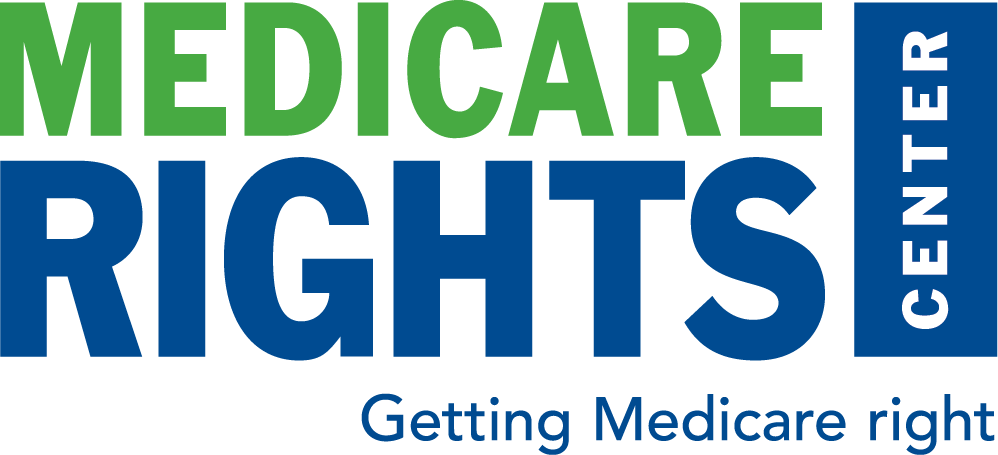
Medicare Rights Center Identifies Consumer Protections for New Medicare Payment and Delivery Models
This week, the Medicare Rights Center joined with the AARP Public Policy Institute to release a new report, Consumer Protections in New Medicare Payment and Delivery Models: A Checklist. This checklist is the result of a partnership between Medicare Rights and the AARP Public Policy Institute in which we identified a set of concrete consumer protections that we believe should be integrated into the design of all Medicare models.









